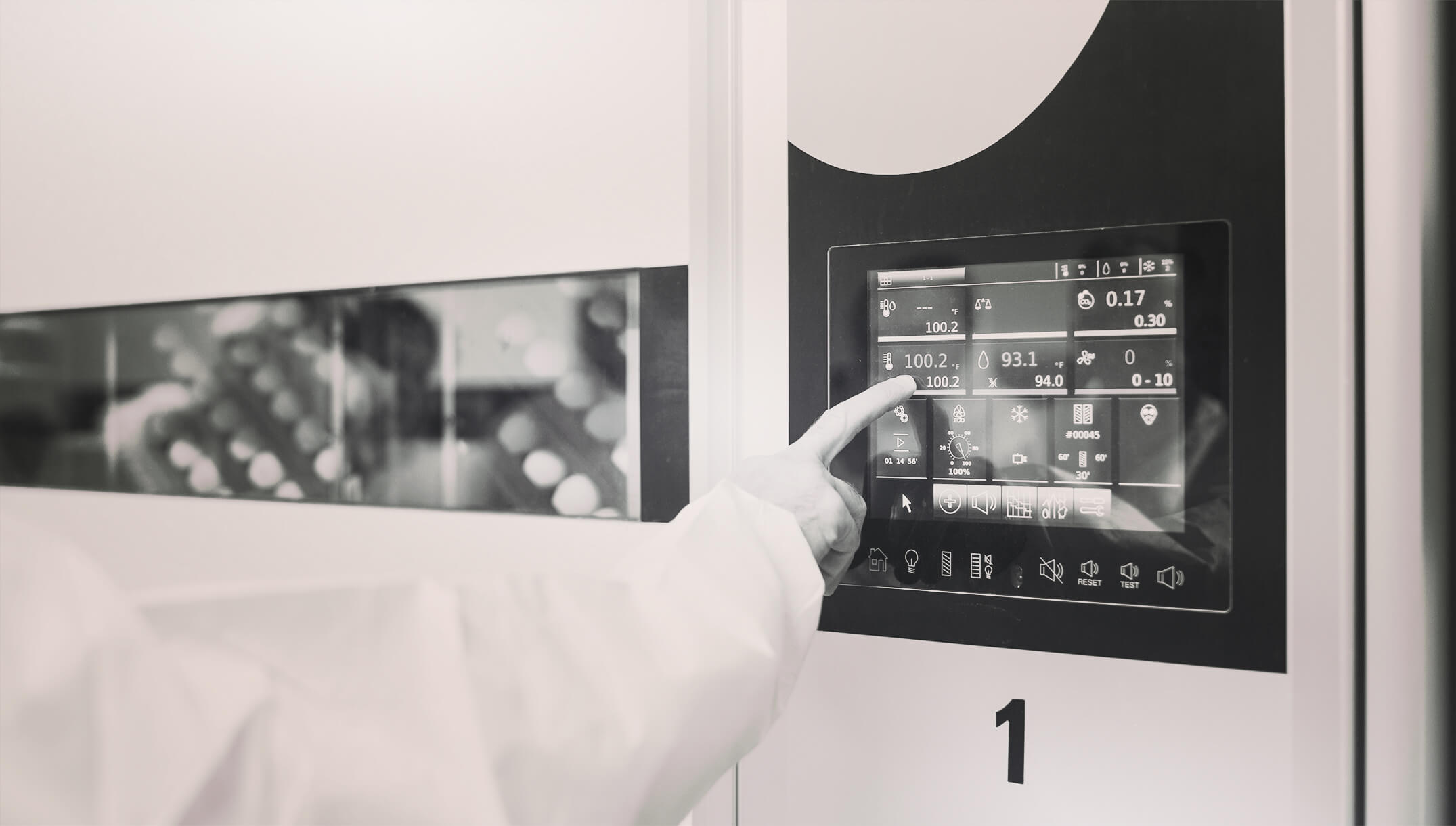Furniture industry innovation workshop series – second workshop
Place: University of Sopron Building B (Sopron, Bajcsy-Zsilinszky u. 11.)
Date: 25th April 2018
Program:
9:00 – 9:15 Arrival, registration
9:15 – 9:30 Greeting
9:30 – 11:00 Functionality and design
11:00 – 11:15 Coffee break
11:15 – 12:30 Furniture industry case studies
12:30 – 13:15 Lunch
13:15 – 15:00 Based on the results of the morning lectures and previous workshops, brainstorming on the issues to be solved along the lines of development, on the range of potentially relevant products
15:00 – 15:15 Coffee break
15:15 – 17:00 Based on the results of the morning lectures and previous workshops, brainstorming on the issues to be solved along the lines of development, on the range of potentially relevant products
17:00 – 17:15 Summary
Balázs Lenkei welcomed the students, the lecturers and the entrepreneurs who appeared. He said that the aim of the workshop was to define the furniture industry problems to be solved in the project and the range of products to be developed. The main theme of the workshop is functionality, design and vision in relation to the product ideas defined in the project. It has been described that at the workshop held on 16th April, specific development trends were identified in the project: fitness furniture, children's furniture, space-saving furniture, furniture for disadvantaged people, smart furniture, multifunctional furniture, outdoor public furniture (mainly acacia), eco furniture, home office.
Then, in his presentation, he introduced the process of innovation, the issue of functionality and design. The problems and opportunities presented have generated several questions and comments. The students expressed their views on the contradictions between usable materials and the feasibility of design. Issues that often appeared between the duality of functionality and design also raised interest. More people from the audience commented, the majority voted in favour of functionality, but the importance of design for sale and winning the target group was recognized by almost everyone without exception.
After the coffee break, Manfred Ninaus from IITF presented the latest furniture and consumer trends. In his presentation he also gave a detailed account of the underlying causes and problems that generate and define the main consumer trends. The next step was to analyse the effects of consumer trends in the furniture industry. Here he referred back to the issues already raised in the workshop in terms of functionality and design. Several questions have been asked by both students and entrepreneurs. In particular, the participants were interested in the expected trends, the appearance of new trends, their characteristics and expectations. In connection with these, the trend research conducted on the Hungarian market was presented, which examined the presence of general trends in the furniture market.
After lunch, the focus was on formulating concrete ideas based on the morning lectures and the outcomes of previous workshops. The trends outlined and the responses to them, along with development trends, also addressed the issues to be resolved, and the range of products that could be considered. Entrepreneurs helped their students with their advice, with useful comments, and keeping the product ideas in the right bed.
At the end of the extremely good-hearted and creative-minded workshop, Balázs Lenkei again took the floor, who summed up the statements in a few sentences, and invited the participants to an innovation camp in Sopron in early May.
At the workshop we provided care for the participants: 2 coffee breaks (snack buffet with mineral water, coffee, tea) and two-course menu lunch.


